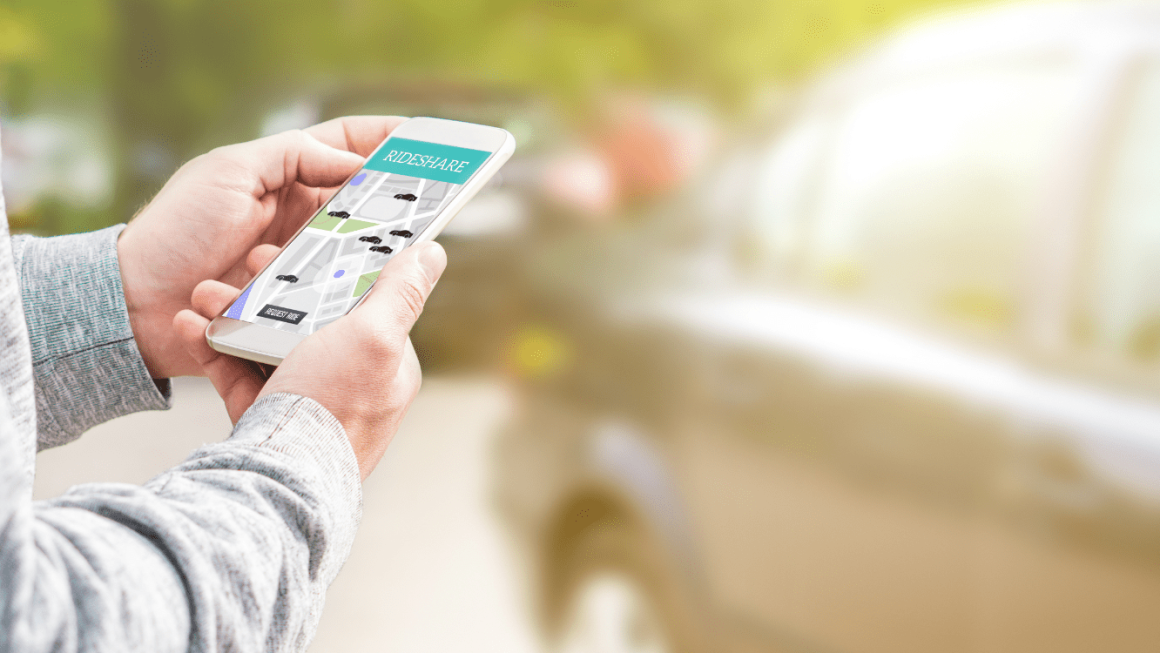Buying a used car can be an excellent way to save money and still get a quality vehicle. However, there are some common faults that can occur when buying used cars that can end up costing you more money in the long run. In this article, we’ll explore some of the most common faults when buying used cars and how you can avoid them.
Common Faults When Buying Used Cars
● Hidden Damage
One of the most common faults when buying used cars is hidden damage. This is damage that may not be immediately visible, such as damage to the frame or engine. Hidden damage can end up costing you a lot of money in repairs, so it’s important to thoroughly inspect the vehicle before buying it. Carry out a car salvage check to reveal if the vehicle has been sold through salvage auction and view the damage the photos.
● High Mileage
Another common fault when buying used cars is high mileage. High mileage can indicate that the vehicle has been driven hard and may be more prone to breakdowns and repairs. While high mileage alone doesn’t necessarily mean that a vehicle is a bad buy, it’s important to take it into consideration when making your decision.
● Flood Damage
Flood damage can be a major issue when buying used cars, especially if you live in an area prone to flooding. A car that has been damaged by floodwaters can have serious problems, such as rust and electrical issues. Be sure to check the car’s history for any signs of flood damage, such as a salvage title, and inspect the vehicle thoroughly for signs of water damage.
● Leaks
Leaking fluids can be a sign of a serious problem with the vehicle. Check the engine and transmission for leaks, and inspect the brakes and tires for any signs of leaks or fluid buildup. Leaks can indicate that the vehicle has not been properly maintained and could be a sign of costly repairs in the future.
How to Avoid Common Faults When Buying Used Cars
● Inspect the Vehicle Thoroughly
When inspecting a used car, be sure to check for any signs of damage or wear and tear. Look for rust, dents, and scratches, and check the engine and transmission for any signs of leaks. Take the car for a test drive to check for any unusual noises or vibrations and make sure that all of the car’s features and functions are working properly.
● Check the Mileage
While high mileage doesn’t necessarily mean that a vehicle is a bad buy, it’s important to take it into consideration when making your decision. Be sure to check the car’s mileage and compare it to similar vehicles on the market. If the mileage is significantly higher than average, it may be a sign that the vehicle has been driven hard and could be more prone to breakdowns and repairs.
● Look for a Reliable Seller
Finally, when buying a used car, it’s important to find a reliable seller. Look for reputable dealerships or private sellers with positive reviews and a history of selling quality vehicles. Avoid buying from sellers with a questionable reputation or who are unwilling to provide you with information about the vehicle’s history or condition.
Conclusion
Buying a used car can be a great way to save money and still get a quality vehicle. However, it’s important to be aware of the common faults that can occur when buying a used car and take steps to avoid them.
By conducting a salvage check and inspecting the vehicle thoroughly, checking the mileage, and finding a reliable seller, you can ensure that you are buying a vehicle that is safe, reliable, and won’t end up costing you more money in the long run. Remember, taking the time to do your research and due diligence can save you a lot of headaches and expenses down the road.


